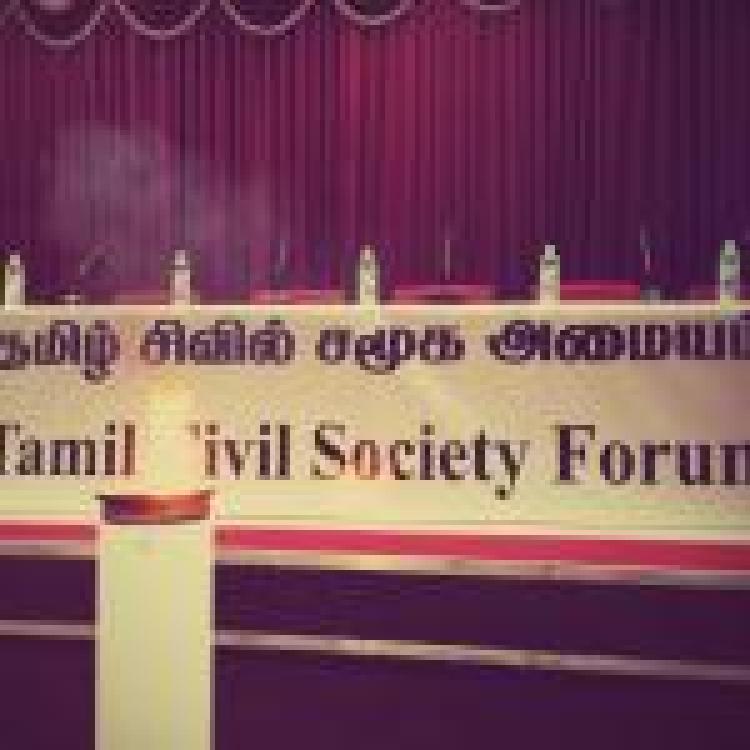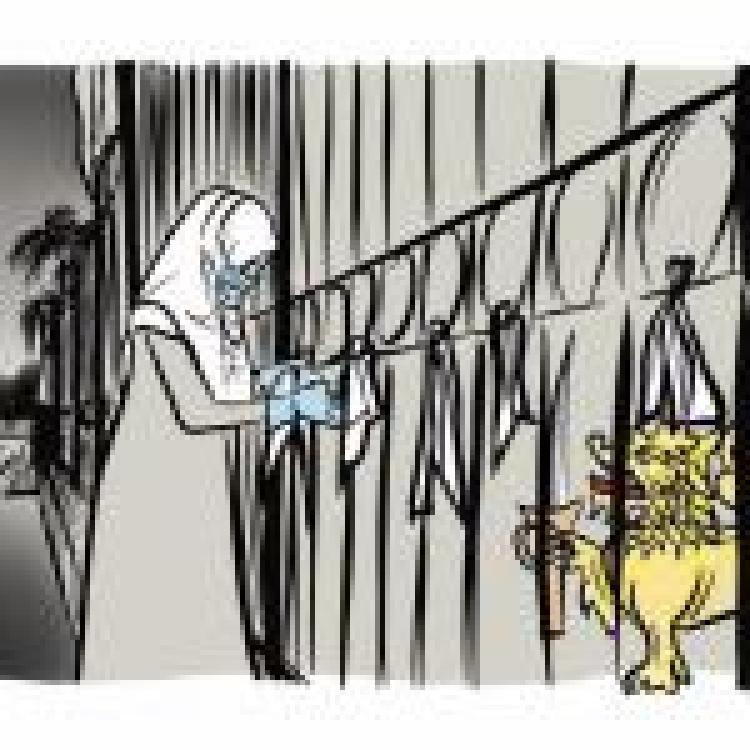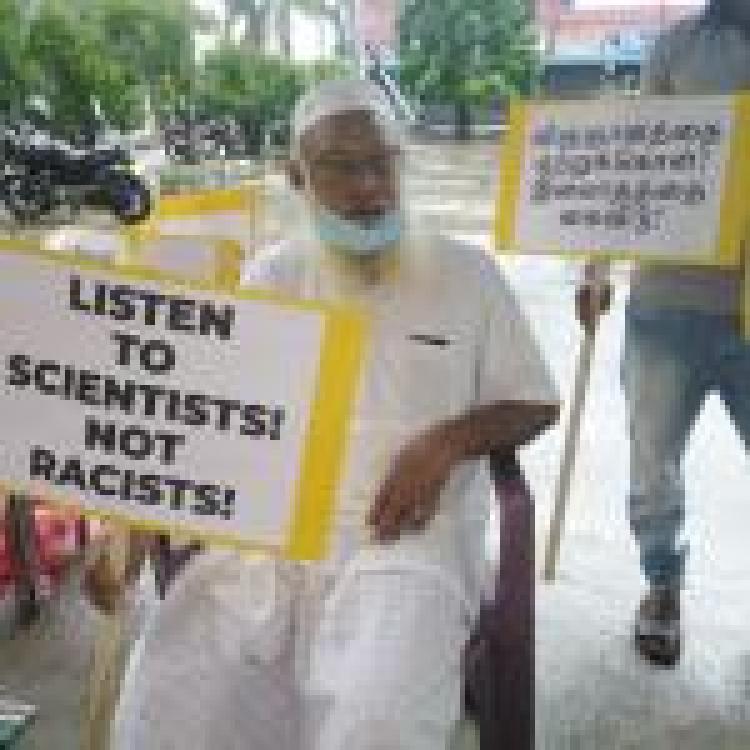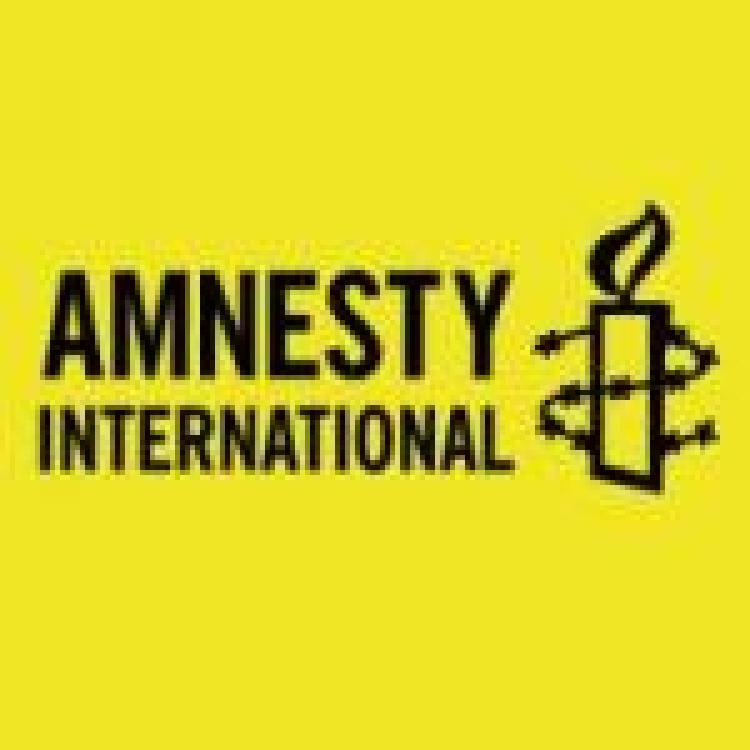<p>Muslim coronavirus victims are being forcibly cremated by the Sri Lankan government, reports the Economist on January 2, following new rules issued by the health ministry making cremations compulsory, upsetting Muslims who blame Islamophobia. </p>
<p>“With the pandemic approaching last spring, the government issued guidelines that permitted burial of those infected provided the grave was at least six feet deep and the water table low enough not to get contaminated,” it said. “However, when the disease claimed its first Muslim victim on March 31st, hospital workers defied the victim’s family and had him cremated.”</p>
<p>Vice President of the Muslim Council of Sri Lanka Hilmy Ahamed maintained “more than 80 Muslim victims of covid-19 have been forcibly cremated,” noting heightened “anti-Muslim prejudice on the government’s part” after Buddhist nationalist Rajapaksa family were elected. </p>
<p>“In a statement to Parliament a year ago, Gotabaya Rajapaksa promised to make sure Sri Lanka had only ‘one law for all the people,’” a slogan which was evoked “by chauvinist Buddhist monks [who] marched to the office of the president in Colombo and presented a petition arguing that allowing Muslim victims of covid-19 to be buried would violate the president’s clearly stated policy.”</p>
<p>“There cannot be religious laws for some, one prelate shouted: After running the government so well for one year, will you ruin it all for a dead body?”</p>
<p>Read the full article <u><a href="https://www.economist.com/asia/2021/01/02/sri-lanka-is-forcibly-cremati…">here</a></u></p>
We need your support
Sri Lanka is one of the most dangerous places in the world to be a journalist. Tamil journalists are particularly at threat, with at least 41 media workers known to have been killed by the Sri Lankan state or its paramilitaries during and after the armed conflict.
Despite the risks, our team on the ground remain committed to providing detailed and accurate reporting of developments in the Tamil homeland, across the island and around the world, as well as providing expert analysis and insight from the Tamil point of view
We need your support in keeping our journalism going. Support our work today.




